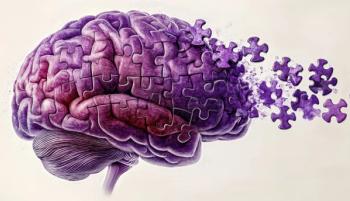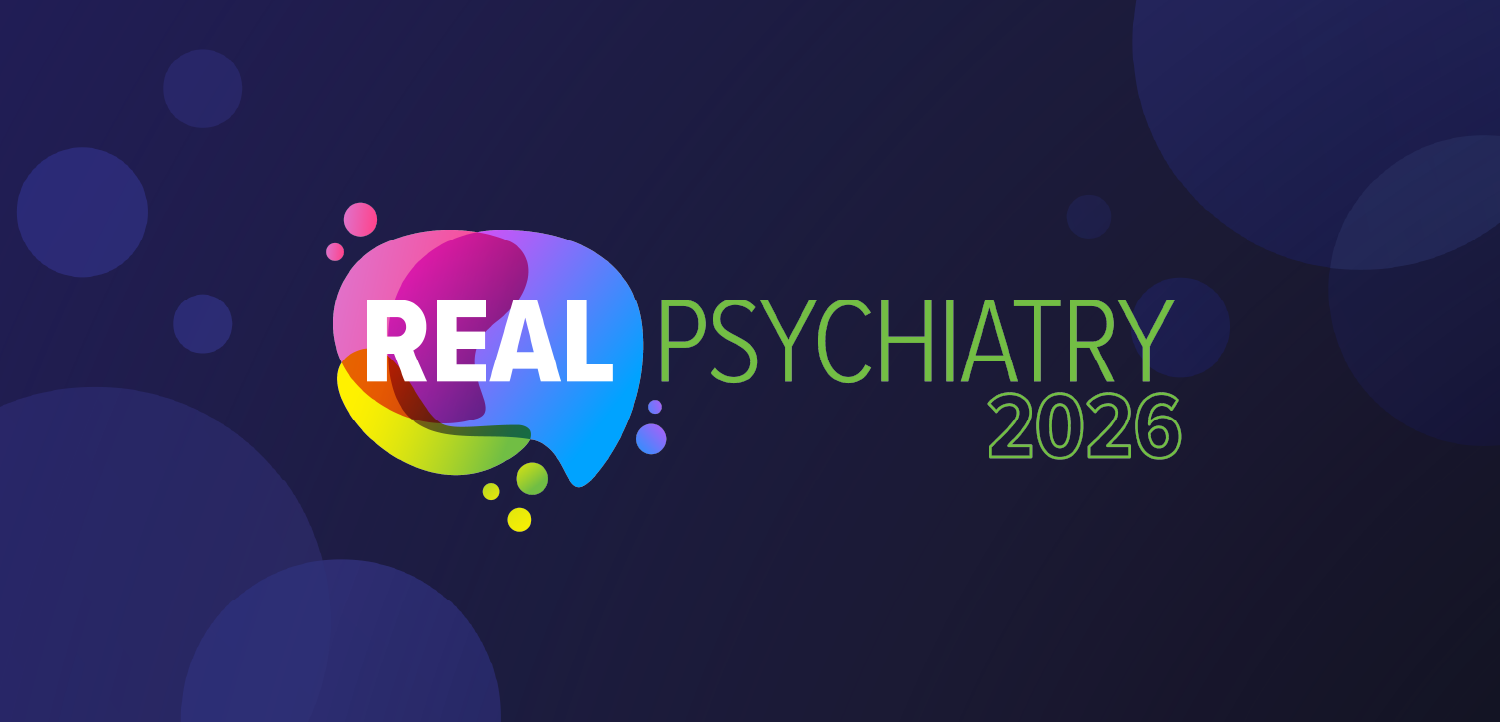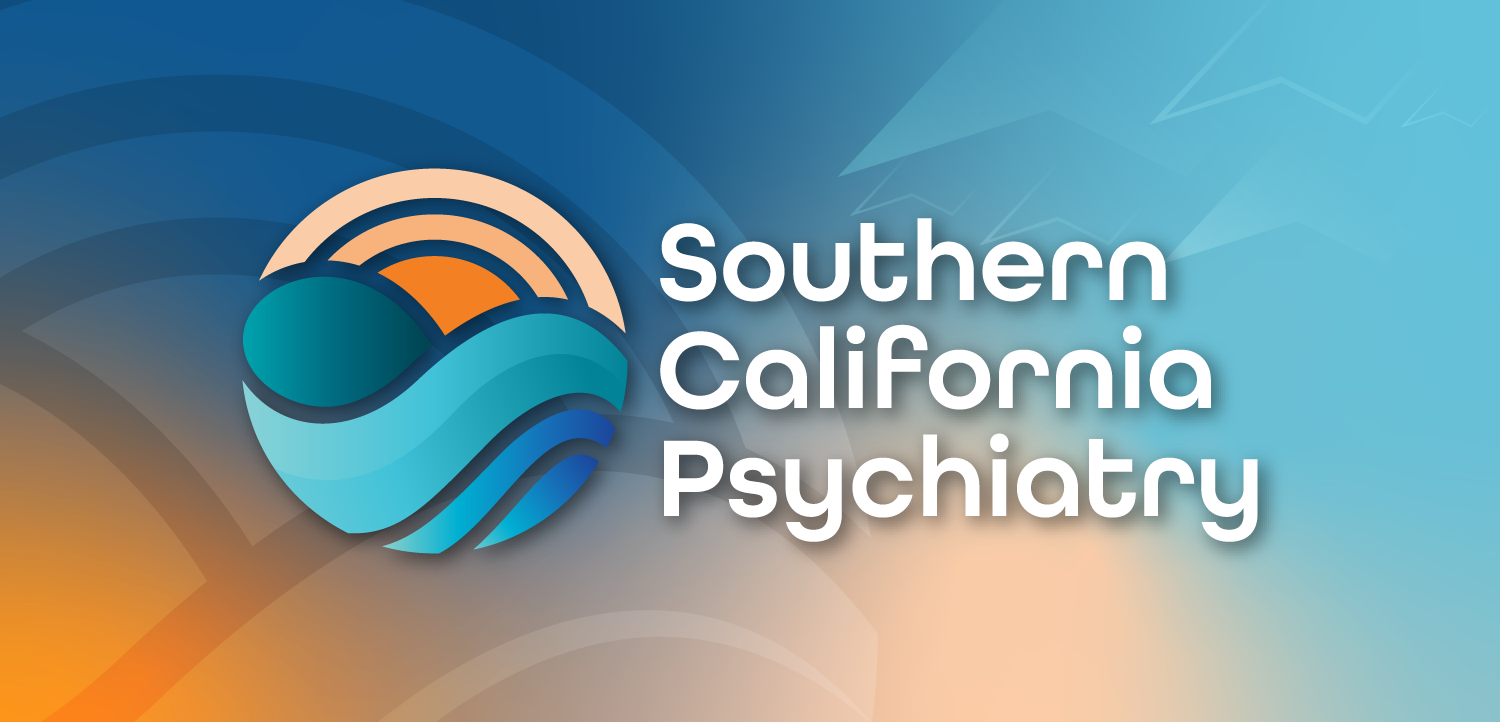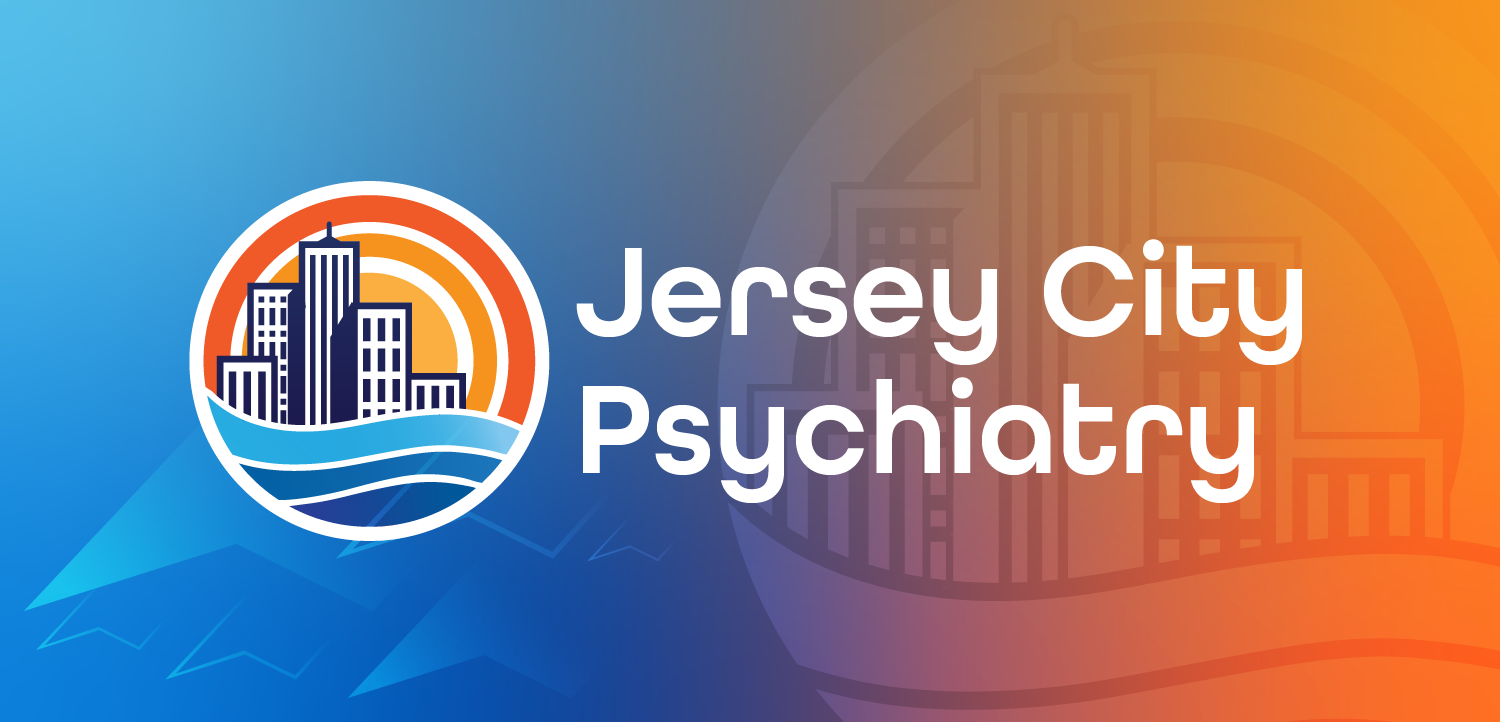
- Psychiatric Times Vol 25 No 1
- Volume 25
- Issue 1
Medications for Agitation in Dementia: Seeking Efficacy With Safety References
Almost 3 years after the FDA warned of increased mortality in elderly patients who received atypical antipsychotics off-label for neuropsychiatric syndromes of dementia, no medication has been approved as safe and effective for this increasingly challenging problem. Recent publications, however, including a white paper from the American College of Neuropsychopharmacology (ACNP), indicate that clinical investigators are wrestling with the dilemma and considering potential alternatives to antipsychotics.
Almost 3 years after the FDA warned of increased mortality in elderly patients who received atypical antipsychotics off-label for neuropsychiatric syndromes of dementia, no medication has been approved as safe and effective for this increasingly challenging problem. Recent publications, however, including a white paper from the American College of Neuropsychopharmacology (ACNP), indicate that clinical investigators are wrestling with the dilemma and considering potential alternatives to antipsychotics.
"To prescribe or not to prescribe" the second-generation antipsychotics for behavioral symptoms in elderly patients with dementia is the question posed by Dilip V. Jeste, MD, and Thomas Meeks, MD,1 in 1 of 3 commentaries on this topic in the October issue of the Southern Medical Journal. Jeste is also lead auth- or of the ACNP white paper, in which he and colleagues acknowledge this question as "a clinical conundrum for which there are no immediate or simple solutions."2
The white paper laments the lack of clinical trials with psychotropics in older adults in general and in those with dementia in particular, "with consequent lack of evidence-based therapeutic alternatives." After the ACNP paper was issued, however, the November American Journal of Geriatric Psychiatry carried the first head-to-head comparison of an SSRI and a second-generation antipsychotic for noncognitive symptoms associated with dementia.3
Bruce Pollock, MD, PhD, and colleagues found citalopram (Celexa) and risperidone (Risperdal) to be comparable in their effect on behavioral and psychotic symptoms. The finding of comparable effect from agents with disparate mechanisms, they suggest, may contribute to the understanding of underlying pathophysiology. "Neuro- chemical data consistently point to dopaminergic deficits in dementia," Pollock and colleagues said, "casting doubt about the rationale for using D2-blocking agents in these patients. In contrast, serotonergic deficits are strongly associated with impulse-control disorders and aggression."
An indication awaiting medication
In the editorial accompanying the citalopram-risperidone comparative trial, Clive Ballard, MD,4 notes the pressing need for safe, effective treatment of the aggression and nonaggressive agitation that occurs in about 20% of patients with Alzheimer disease in the community and in about 40% to 60% of these patients in care facilities. Although hallucinations have been found in prospective studies to often resolve over a few months, Ballard points out that delusions and agitation are more persistent.
Ballard noted that behavioral problems develop in 90% of people with dementia during their illness. "These symptoms are frequently distressing for the patients who experience them, are problematic for their caregivers, and often precipitate institutional care."
Atypical antipsychotics have generally replaced older antipsychotics in off-label use for dementia-related behavioral symptoms in the elderly because of their advantages of less anticholinergic effect and liability for tardive dyskinesia. This trend came into question, however, with the emergence of other adverse effects, particularly metabolic, and with mixed results from efficacy studies.2
The trend toward using second-generation antipsychotics for this population was further disrupted by FDA warnings of stroke associated with risperidone, olanzapine (Zyprexa), and aripiprazole (Abilify), as was evidenced in a meta-analysis of 11 trials with risperidone or olanzapine and 3 with aripiprazole.5 A subsequent FDA warning in 2005 associated all second-generation antipsychotics with a 1% to 2% increased mortality rate (a 4.5% mortality rate among patients who received antipsychotics vs 2.6% with placebo in 17 short-term trials).6
In addition to adverse effects, second-generation antipsychotics have shown no more than modest efficacy for patients with dementia in meta-analyses of clinical trials and in the large CATIE-Alzheimer Disease (AD) study. In a meta-analysis of trials before the CATIE-AD, including a total of more than 3300 patients with dementia, there was a statistically small effect size in symptom rating scale scores, supporting evidence of efficacy of aripiprazole and risperidone but not of olanzapine; and insufficient data to ascertain efficacy of quetiapine.5
In the CATIE-AD study, with more than 400 patients, olanzapine, quetiapine, and risperidone were not significantly better than placebo in the primary outcome of time to discontinuation.7 Discontinuation for lack of efficacy did favor olanzapine and risperidone, while discontinuation because of adverse events favored placebo. Dementia patients with neuro- psychiatric disturbances other than psychosis did better with the antipsychotics than did those with psychotic symptoms.
Although the FDA warnings on cerebrovascular events and mortality rates were specific to the second-generation antipsychotics, there is evidence that the first-generation antipsychotics are no safer. A retrospective population-based cohort study with more than 27,000 matched pairs found a higher risk of death with these neuroleptics at all monthly points in the 4-month study period.8 Another retrospective study, published shortly after the FDA warning of increased mortality with second-generation antipsychotics, also found a higher risk with first-generation agents.9
"This scenario leads to a Hamlet-like dilemma," Jeste and Meeks1 declared. "Should [physicians] continue or stop prescribing atypical antipsychotics, the drugs that are presently the most commonly used off-label medications for this group of patients?"
Testing an alternative
The ACNP white paper indicated that there are fewer studies with all other medication classes than with antipsychotics for neuropsychiatric symptoms of dementia.2 The studies with alternative medications were characterized as having "at best, mixed results regarding therapeutic efficacy and tolerability."
One of these trials, however, had indicated that citalopram was superior to placebo in reducing total score and scores on the lability and agitation subscales of the Neurobehavioral Rating Scale (NBRS); and as efficacious but better tolerated than the antipsychotic, perphenazine (Trilafon).10 From this, Pollock and colleagues3 undertook the comparison of citalopram with risperidone. They hypothesized that risperidone would be more efficacious for psychotic symptoms but that citalopram would be better tolerated and more efficacious for agitation.
The study randomized 103 elderly patients with dementia, who were hospitalized for behavioral symptoms, to 12 weeks of treatment with titrated doses of either citalopram or risperidone. The mean maximum doses were 31.1 mg of citalopram and 1.3 mg of risperidone. The primary outcome measure was a reduction in the NBRS agitation and psychosis scores.
Citalopram and risperidone were associated with comparable and statistically significant reductions in psychosis scores. The reduction in agitation score was also comparable between agents but was statistically significantly reduced only with citalopram. Patients receiving citalopram also had a lower burden of adverse effects, which included sedation, tension, and apathy.3
Although the agents were associated with comparable symptom scale score reductions, the investigators were unable to conclude that they demonstrated comparable efficacy. They were limited in such interpretation by the absence of a placebo control design, which was ruled out for this population by the institutional review board.
Without placebo control, Pollock and colleagues3 said, "rather than equivalent efficacy of the two drugs, the absence of differences may reflect their similar lack of efficacy."
Given the better tolerability of citalopram in this study, however, and the concerns regarding cerebrovascular events and increased mortality rates associated with the antipsychotics, these authors suggest, "our findings should encourage the conduct of additional trials of citalopram and other agents in the treatment of behavioral and psychotic symptoms associated with dementia."
1. Jeste DV, Meeks T. To prescribe or not to prescribe? Atypical antipsychotic drugs in patients with dementia. So Med J. 2007;100:961-963.
2. Jeste DV, Blazer D, Casey D, et al. ACNP white paper: update on use of antipsychotic drugs in elderly persons with dementia. Neuropsychopharmacology. 2007 Jul 18; [Epub ahead of print].
3. Pollock BG, Mulsant B, Rosen J, et al. A double-blind comparison of citalopram and risperidone for the treatment of behavioral and psychotic symptoms associated with dementia. Am J Geriatr Psychiatry. 2007;15:942-952.
4. Ballard C. Agitation and psychosis in dementia. Am J Geriatr Psychiatry. 2007;15:913-917.
5. Schneider LS, Dagerman K, Insel PS. Efficacy and adverse effects of atypical antipsychotics for dementia: meta-analysis of randomized, placebo-controlled trials. Am J Geriatr Psychiatry. 2006;14:191-210.
6. FDA Public Health Advisory: deaths with antipsychotics in elderly patients with behavioral disturbances. April 11, 2005. Available at: http://www. fda.gov/Cder/drug/advisory/antipsychotics.htm. Accessed November 27, 2007.
7. Schneider LS, Tariot PN, Dagerman KS, et al. Effectiveness of atypical antipsychotic drugs in patients with Alzheimer's disease. N Engl J Med. 2006;355: 1525-1538.
8. Gill SS, Broskill SE, Sharon-Lise T, et al. Antipsychotic drug use and mortality in older adults with dementia. Ann Intern Med. 2007;146:775-786.
9. Wang PS, Schneeweiss S, Avorn J, et al. Risk of death in elderly users of conventional vs atypical anti- psychotic medications. N Engl J Med. 2005;353: 2335-2341.
10. Pollock BG, Mulsant BH, Rosen J, et al. Comparison of citalopram, perphenazine and placebo for the acute treatment of psychosis and behavioral disturbances in hospitalized, demented patients. Am J Psychiatry. 2002;159:460-465. *
Articles in this issue
over 17 years ago
Does Infection Increase Risk of Psychosis and Schizophrenia?almost 18 years ago
Washington Reportalmost 18 years ago
Mental Problems in Returning Vets: Delayed Testing Shows Higher Ratesalmost 18 years ago
Exposure to Violence Referencesalmost 18 years ago
Brain Stimulation Therapies for Treatment-Resistant Depressionalmost 18 years ago
Improved Functioning in Bipolar Depressionalmost 18 years ago
SUBSTANCE ABUSE AND ADDICTION Advances and Challenges in Addiction Medicinealmost 18 years ago
Healing Addiction: An Integrated Pharmacopsychosocial Approach to TreatmentNewsletter
Receive trusted psychiatric news, expert analysis, and clinical insights — subscribe today to support your practice and your patients.

















